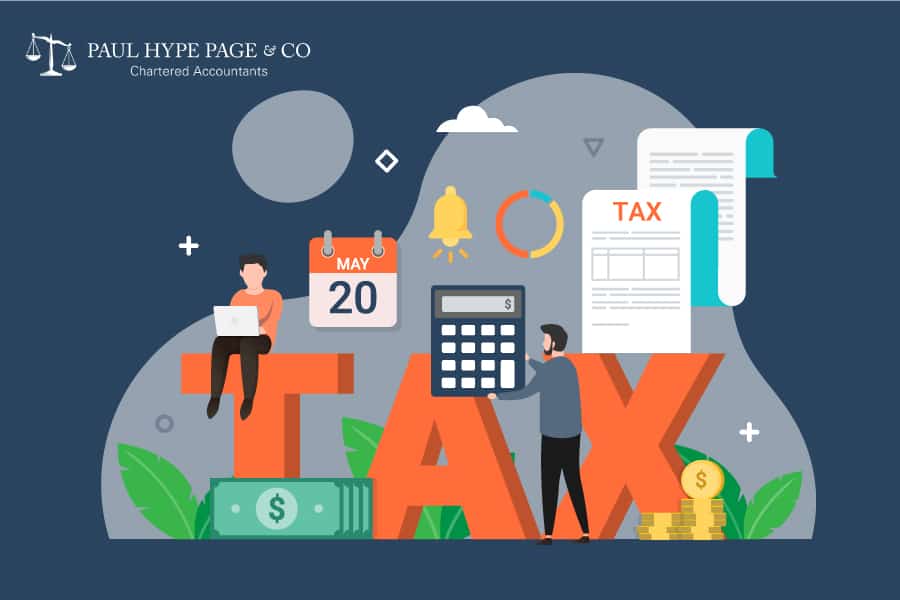Tax Identification Numbers (TIN) are fundamental to Singapore’s tax system, serving as unique identifiers for businesses and individuals in tax compliance, regulatory filings, and international reporting. This guide provides a detailed exploration of TINs, their significance, and their application in Singapore’s highly efficient tax and business environment.
Definition and Purpose of TIN
A Tax Identification Number (TIN) is a unique code issued to individuals and entities for identification in tax-related matters. It is essential for ensuring accurate tax filing, compliance, and communication with the Inland Revenue Authority of Singapore (IRAS). The TIN system facilitates:
- Proper tracking of tax liabilities and filings.
- Seamless reporting across local and international tax frameworks.
- Simplified compliance for both individuals and businesses.
Corporate TIN in Singapore
In Singapore, the Unique Entity Number (UEN) serves as the Tax Identification Number for all registered businesses. The UEN is issued upon registration with government agencies and acts as a universal identifier for corporate transactions and compliance.
Key Features of UEN:
- Comprises 9 or 10 alphanumeric characters.
- Uniquely identifies each entity across government interactions.
- Remains consistent throughout the entity’s lifecycle.
UEN Applications:
- Filing corporate income tax returns and submitting financial statements.
- Registering for Goods and Services Tax (GST).
- Applying for tax incentives, grants, or exemptions.
- Managing interactions with government agencies like ACRA and IRAS.
Types of Entities Assigned UEN:
- Companies registered with ACRA (e.g., private limited companies, partnerships, sole proprietorships).
- Non-incorporated entities such as societies, charities, and trade unions, registered with respective regulatory bodies.
Personal TIN in Singapore
For individuals, the Tax Identification Number is represented by either the National Registration Identity Card (NRIC) number for Singapore citizens and permanent residents or the Foreign Identification Number (FIN) for foreign individuals.
NRIC: Assigned to all Singaporean citizens and permanent residents upon registration. It serves as both a personal identifier and TIN for tax-related matters.
FIN: Issued to foreign nationals holding valid work passes, student passes, or residency permits in Singapore. This serves as their TIN during their time in the country.
Uses of Personal TIN:
- Filing personal income tax returns with IRAS.
- Claiming personal tax reliefs, rebates, and deductions.
- Engaging in financial and property transactions requiring tax documentation.
How to Obtain a TIN
The process of obtaining a TIN varies depending on whether it’s for a business or an individual:
For Businesses
- Register with the Accounting and Corporate Regulatory Authority (ACRA) or other relevant agencies.
- The UEN is generated automatically upon successful registration.
- Non-incorporated entities (e.g., societies, and clubs) can register with their respective agencies to receive a UEN.
For Individuals
- Citizens and permanent residents automatically receive an NRIC during their registration for residency.
- Foreign nationals are issued a FIN upon the approval of their work pass, student pass, or residency application.
TIN Usage and Requirements
TINs are vital for ensuring compliance in a variety of tax and regulatory scenarios:
For Corporate Entities
- Filing corporate income tax and GST returns.
- Registering for tax schemes and incentives.
- Fulfilling obligations related to employee taxes and withholding taxes.
For Individuals
- Filing annual personal income tax returns.
- Applying for reliefs such as child, spouse, or parent relief.
- Conducting employment or investment activities requiring tax compliance.
It is crucial to provide accurate and up-to-date TIN information during all tax-related activities to avoid penalties or delays.
Global Context and Reporting
Singapore’s TIN system is aligned with global standards to support international tax compliance:
FATCA (Foreign Account Tax Compliance Act): U.S. citizens and entities operating in Singapore must provide their TIN for reporting to the U.S. Internal Revenue Service (IRS).
CRS (Common Reporting Standard): Financial institutions in Singapore use TINs to report information on non-resident account holders to their home jurisdictions.
This alignment ensures that businesses and individuals comply with cross-border tax obligations, enhancing Singapore’s reputation as a trusted global financial hub.
Conclusion
Singapore’s Tax Identification Number (TIN) system is a cornerstone of its efficient tax and regulatory framework. By leveraging the UEN for corporate entities and the NRIC/FIN for individuals, the system ensures compliance, simplifies administration and aligns with global tax reporting standards. Whether you’re a local entrepreneur or a multinational corporation, understanding and utilizing Singapore’s TIN system is essential for navigating the country’s tax landscape with confidence and efficiency.
FAQs
All businesses operating in Singapore must have a UEN. For individuals, tax obligations cannot be fulfilled without an NRIC or FIN.
Errors should be reported to the issuing authority (e.g., ACRA for UEN, IRAS for NRIC/FIN-related issues) for prompt correction.
For businesses, the UEN remains unchanged unless the entity is deregistered. For individuals, FINs may become inactive when their residency or work pass expires.
About The Author
Share This Story, Choose Your Platform!
Related Business Articles





